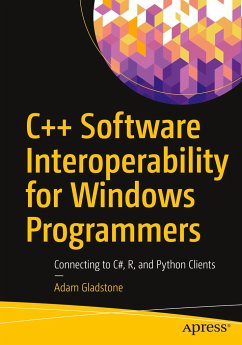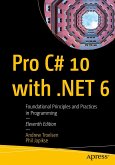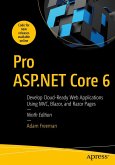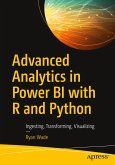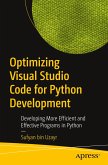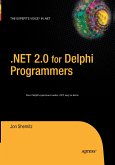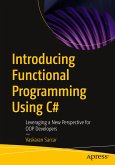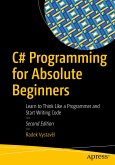Get up-to-speed quickly and connect modern code written in C#, R, and Python to an existing codebase written in C++. This book for practitioners is about software interoperability in a Windows environment from C++ to languages such as C#, R, and Python. Using a series of example projects, the book demonstrates how to connect a simple C++ codebase packaged as a static or dynamic library to modern clients written in C#, R, and Python. The book shows you how to develop the in-between components that allow disparate languages to communicate.
This book addresses a fundamental question in software design: given an existing C++ codebase, how does one go about connecting that codebase to clients written in C#, R, and Python? How is the C++ functionality exposed to these clients? One answer may be to rewrite the existing codebase in the target language. This is rarely, if ever, feasible and this book's goal is to save you the pain and the high costof throwing out valuable existingcode by showing you how to make that older code function alongside and with the more modern languages that are commonly in use today. The knowledge you will gain from reading this book will help you broaden your architectural choices and take advantage of the growing amount of talent around newer languages.
What You Will LearnBuild components that connect C++ to other languagesTranslate between the C++ type system and the type systems of C#, R, and PythonWrite a managed assembly targeting the .NET frameworkCreate C++ packages for use in R/StudioDevelop Python modules based on high-performance C++ codeOvercome the difficulties and pitfalls involved in cross-language development
Who This Book Is For
Software developers who are looking for ways to extend existing systems written in C++ usingmodern languages. Readers should have some programming experience, particularly in C++. Readers should also be familiar with common development tools such as Visual Studio, R/Studio,Visual Studio Code, and CodeBlocks.
This book addresses a fundamental question in software design: given an existing C++ codebase, how does one go about connecting that codebase to clients written in C#, R, and Python? How is the C++ functionality exposed to these clients? One answer may be to rewrite the existing codebase in the target language. This is rarely, if ever, feasible and this book's goal is to save you the pain and the high costof throwing out valuable existingcode by showing you how to make that older code function alongside and with the more modern languages that are commonly in use today. The knowledge you will gain from reading this book will help you broaden your architectural choices and take advantage of the growing amount of talent around newer languages.
What You Will LearnBuild components that connect C++ to other languagesTranslate between the C++ type system and the type systems of C#, R, and PythonWrite a managed assembly targeting the .NET frameworkCreate C++ packages for use in R/StudioDevelop Python modules based on high-performance C++ codeOvercome the difficulties and pitfalls involved in cross-language development
Who This Book Is For
Software developers who are looking for ways to extend existing systems written in C++ usingmodern languages. Readers should have some programming experience, particularly in C++. Readers should also be familiar with common development tools such as Visual Studio, R/Studio,Visual Studio Code, and CodeBlocks.

